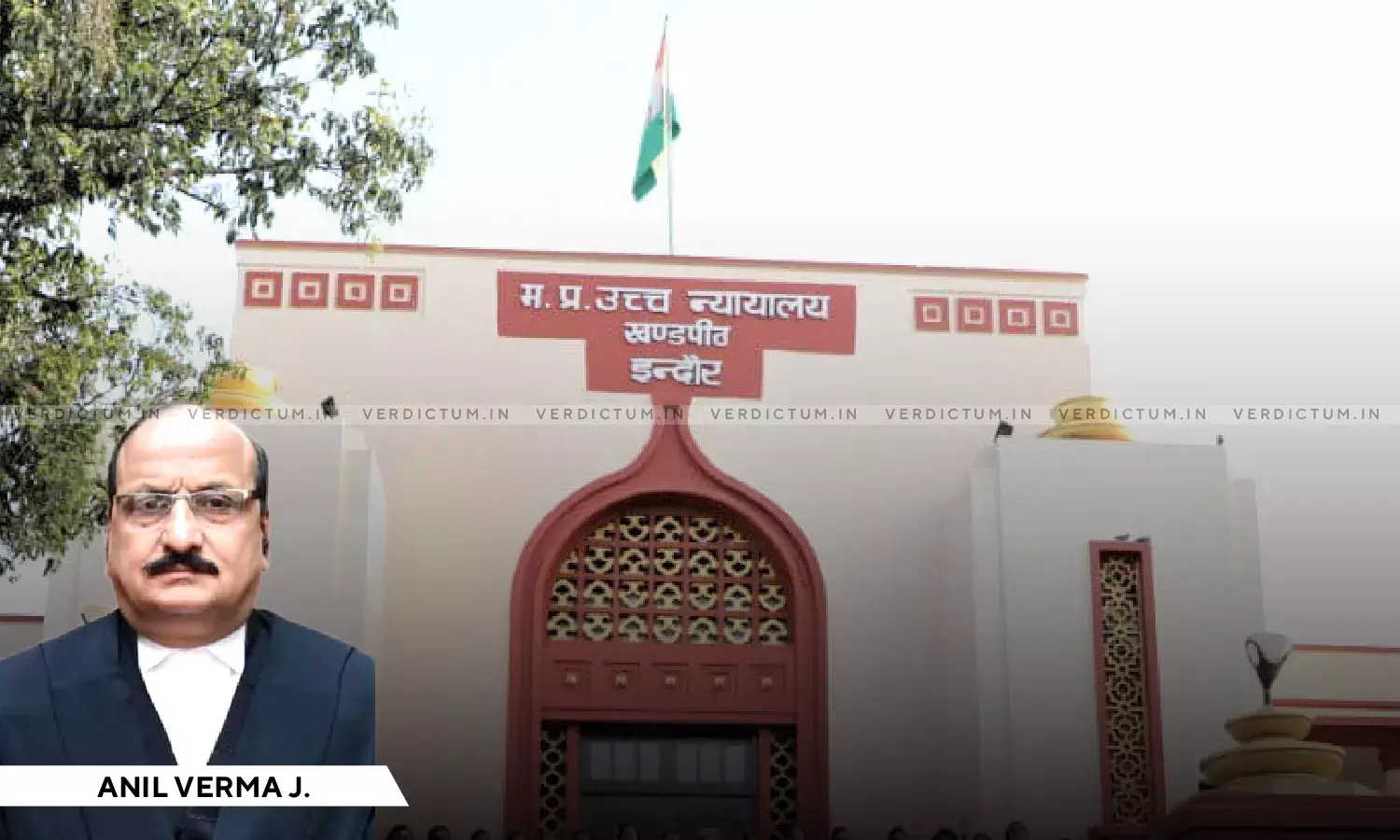Uniform Civil Code Needs To Become A Reality; Well Drafted UCC Could Serve As A Check On Evil & Superstitious Practices: Madhya Pradesh HC
The Madhya Pradesh High Court emphasized the need for the Uniform Civil Code (UCC) to transition from a theoretical concept into practical reality.
A petition was filed concerning an FIR under Section 498A of the Indian Penal Code and related laws, highlighting various societal practices camouflaged under the guise of faith and belief, labeling them as regressive, fundamentalist, superstitious, and ultra-conservative. The case involved allegations of dowry harassment and the invocation of the Muslim Women (Protection of Rights on Marriage) Act, 2019, including the controversial issue of triple talaq.
A Bench of Justice Anil Verma said, “Though the Constitution of India already encapsulates Article 44 that advoactes a uniform civil code for the citizens, yet the same needs to become a reality not just on paper. A well-drafted uniform civil code could serve as a check on such superstitious and evil practices and would strengthen the integrity of the nation”
Advocate Sudhanshu Vyas appeared for the Petitioner and Advocate Amay Bajaj appeared for the Respondents.
The Court underscored Article 44 of the Indian Constitution, which advocates for a Uniform Civil Code, urging that it must be more than mere words on paper. It argued that a well-crafted UCC could act as a deterrent against such superstitious and harmful practices, thereby bolstering national unity.
While the Court ruled in favor of quashing certain charges against the accused mother-in-law and sister-in-law, it acknowledged that the allegations of mental and physical harassment warranted further trial. The Court said, “In view of the prima facie evidence available on record against the petitioners, this Court is of the considered opinion that this petition under Section 482 of Cr.P.C. deserves to be partly allowed only in respect of the offence under Section 4 of the Act of 2019. But in view of the prima facie evidence available on record, it is not a fit case where this Court can exercise the power conferred under Section 482 of Cr.P.C. to quash all other offences registered against the petitioners.”
Regarding triple talaq, the Court acknowledged its serious implications, describing it as a form of instantaneous and irrevocable divorce under Muslim personal law. The Court added, “Talaq is a word used in Muslim personal Law for divorce, denoting dissolution of marriage, when a Muslim man severs all marital ties with his wife. Under the Muslim law, Triple Talaq simply means liberty from the relationship of marriage in instant and irrevocable, where the man, by simply uttering the word ‘talaq thrice, is able to end his marriage. This kind of instantaneous divorce is called Triple Talaq, also known as ‘talaq-e-biddat.’’ It is obvious that in Talaq-e-Biddat or triple talaq, the marriage could be broken within seconds and the clocks cannot be turned back. Unfortunately this right lies only with the husband and even the husband wants to correct his mistake it is the women who has to face the atrocities of nikah halala.”
Despite the Supreme Court's earlier ruling declaring triple talaq illegal (in Shayara Bano vs Union of India), the Court noted the significance of the 2019 legislation prohibiting it, marking a crucial step towards gender equality and social reform. The Court added, “It is definitely a great move towards equality and social amendments. It took many years for the Law makers to realise that triple talaq is unconstitutional and bad for society. We should now realise the need for a “Uniform Civil Code” in our country.”
Cause Title: X v. State of Madhya Pradesh & Anr.
Click here to read/download Order




